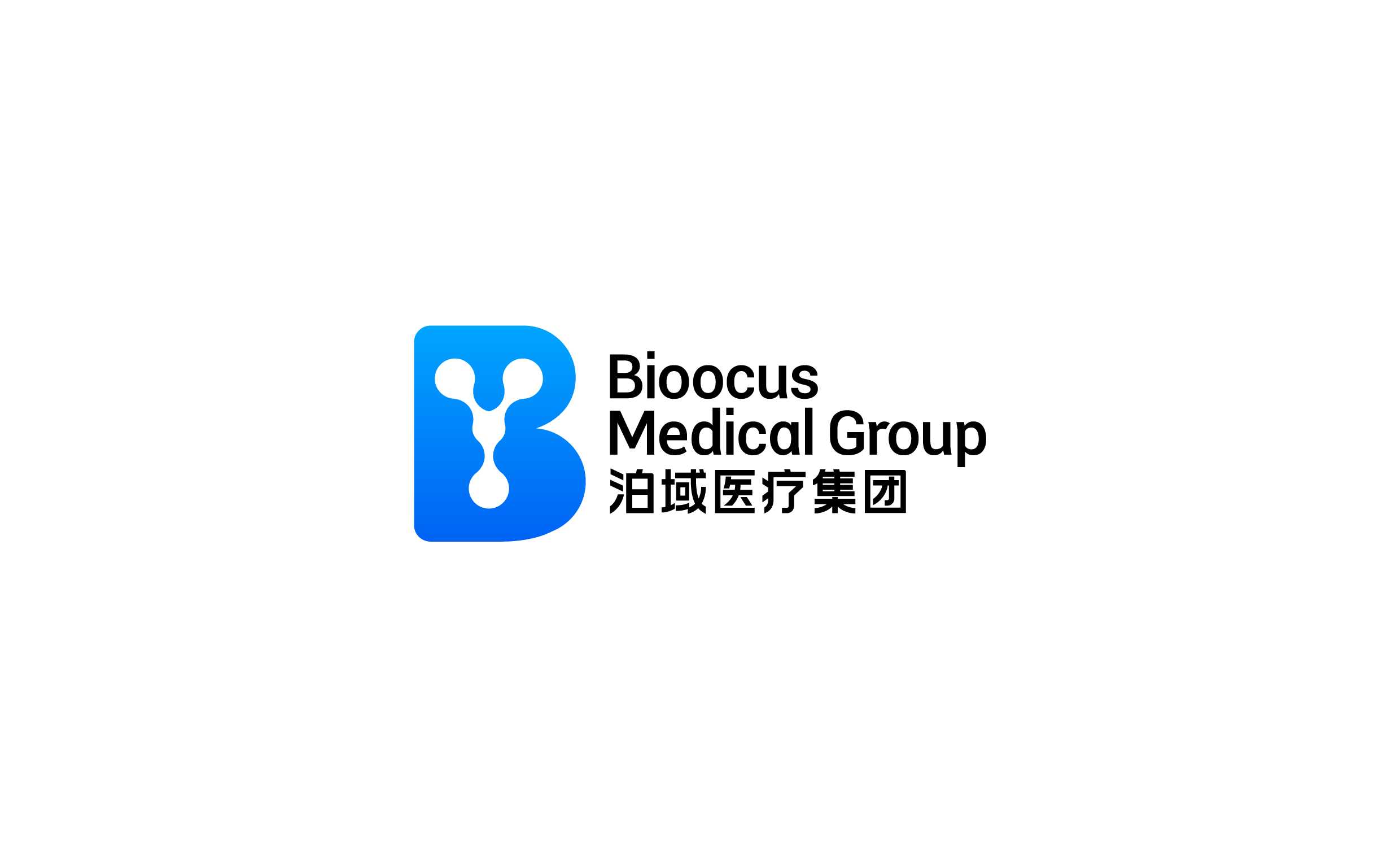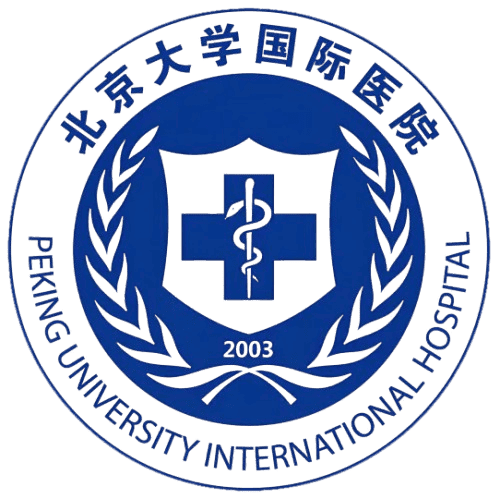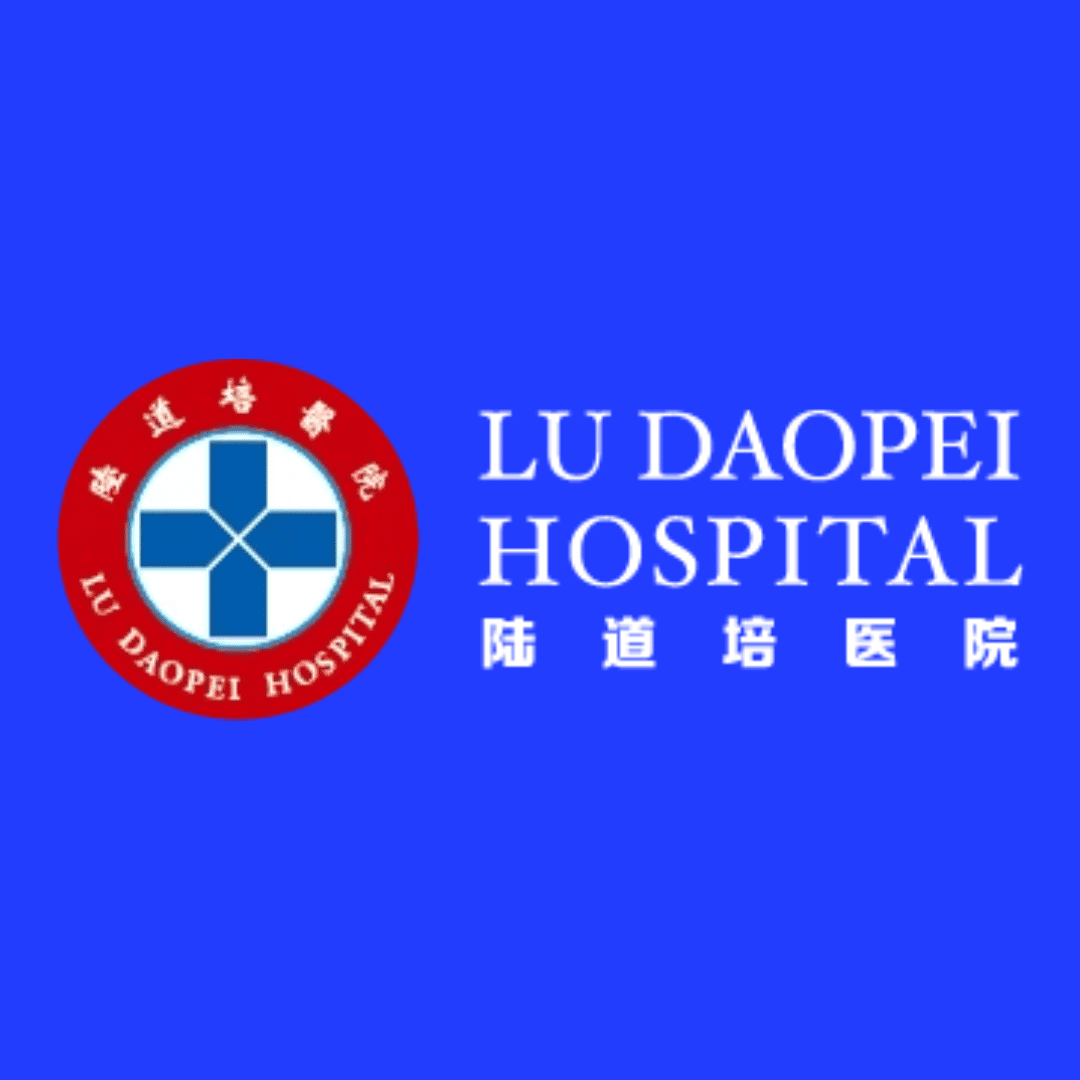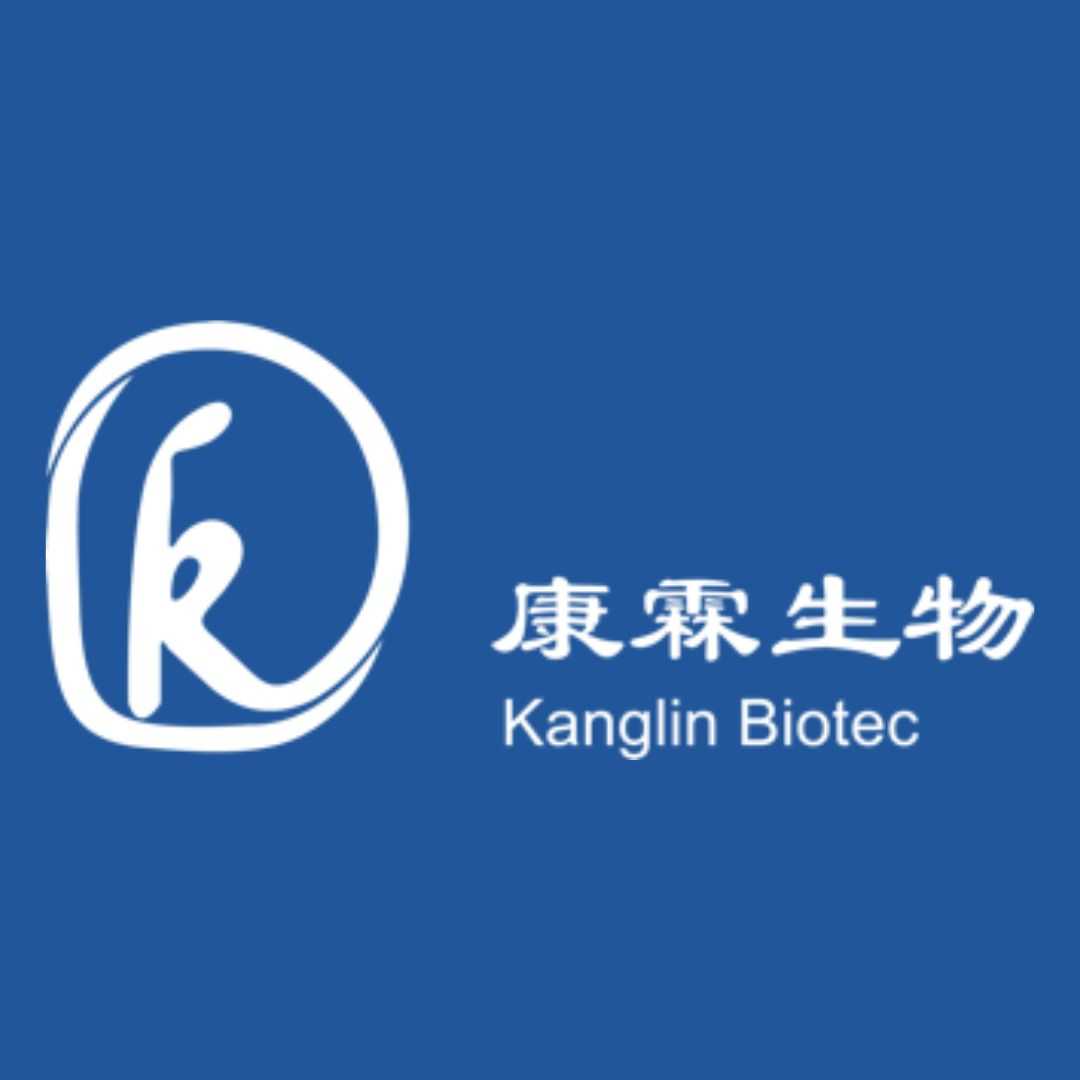Affordable AML CAR-T in China: Your Guide
Acute Myeloid Leukemia (AML) is a challenging blood cancer, but revolutionary treatments like CAR-T cell therapy are offering new hope. This advanced immunotherapy modifies a patient's own immune cells to specifically target and destroy leukemia cells. China has emerged as a significant hub for CAR-T therapy, particularly due to its extensive research, clinical trials, and, notably, its more accessible pricing compared to many Western countries. This blog post will delve into the costs, factors influencing them, and other vital aspects of seeking CAR-T therapy for AML in China, answering the most common questions patients and their families have.
How much does CAR-T therapy for Acute Myeloid Leukemia (AML) typically cost in China?
"CAR-T therapy for Acute Myeloid Leukemia (AML) in China generally ranges from $60,000 to $180,000 USD, though specific costs can vary based on the type of CAR-T product, hospital, and individual patient needs."
The cost of CAR-T therapy in China is significantly lower than in many Western countries, where it can exceed $400,000 to $700,000. This affordability is a major reason why China has become a popular destination for international patients seeking this cutting-edge treatment. The total estimated cost in China typically includes various components, from cell collection and genetic modification to hospitalization, infusion, and post-treatment care.
Why is CAR-T therapy more affordable in China compared to Western countries?
"CAR-T therapy is generally more affordable in China due to factors such as government support and investment in biotechnology, faster regulatory approval processes, lower manufacturing and operational costs, and a high volume of clinical trials."
China has heavily invested in its biotechnology sector, leading to a robust research and development environment for CAR-T cell therapies. This strong governmental backing, coupled with a more streamlined regulatory pathway for new therapies, allows for quicker market entry. Furthermore, the overall lower operational costs for hospitals and manufacturing facilities in China contribute to the reduced price tag compared to the US or Europe. The high volume of clinical trials also helps in refining processes and potentially reducing costs.
What components contribute to the total cost of CAR-T therapy for AML?
"The total cost of CAR-T therapy for AML encompasses several key components, including T-cell collection (apheresis), genetic modification and expansion of cells, conditioning chemotherapy (lymphodepletion), the CAR-T cell infusion itself, hospitalization, and subsequent post-treatment monitoring and care."
Each stage of the CAR-T therapy process has associated costs. T-cell collection involves apheresis, a procedure to collect the patient's immune cells. Genetic modification is a complex biotechnology process where the cells are re-engineered. The cells are then expanded in a laboratory to reach the required numbers. Before infusion, patients often receive conditioning chemotherapy to prepare their body. The infusion of the modified CAR-T cells is a critical step, followed by extensive monitoring for side effects like cytokine release syndrome (CRS) and neurotoxicity, which requires specialized inpatient care. Follow-up tests and supportive care also add to the overall expense.
Are there specific CAR-T products approved for AML in China, and how do their prices vary?
"While most commercially approved CAR-T products in China currently target other blood cancers like lymphoma and multiple myeloma, research and clinical trials for AML-specific CAR-T therapies are ongoing, with some in-house or investigational products showing promising results. The cost for these investigational AML CAR-T therapies can vary greatly depending on the trial and institution."
As of early 2025, several CAR-T products have been approved for commercial use in China for conditions such as relapsed/refractory B-cell lymphoma and multiple myeloma. Examples include Axi-cel (Yikaida®) and Relma-cel (Carteyva®). For AML, many treatments are still within the clinical trial phase, targeting antigens like CD123, CD33, and CLL-1. The cost for participation in these trials or for access to investigational products can be more complex to determine, as some may offer financial assistance or be part of a research budget, while others might involve out-of-pocket expenses.
What is the typical duration of the CAR-T therapy process in China, and how does it impact cost?
"The entire CAR-T therapy process, from initial evaluation to post-infusion monitoring, can take several weeks to a few months. The inpatient stay for the infusion and initial monitoring typically ranges from 2-4 weeks, significantly impacting the overall cost due to hospitalization fees."
The timeline for CAR-T therapy involves several phases. After initial evaluation and tests (which might take a week), T-cell collection and preparation can take 2-3 weeks. The actual infusion takes place in a hospital setting, followed by a crucial period of monitoring for potential side effects, often requiring an inpatient stay of 2 to 4 weeks, sometimes longer depending on individual patient response and complications. This extended hospitalization contributes substantially to the overall expense, including room charges, nursing care, and physician fees.
What are the success rates of CAR-T therapy for AML in China?
"CAR-T therapy for relapsed or refractory AML in China has shown promising results in clinical trials, with reported complete response (CR) rates varying but often higher than in other regions, particularly in certain Chinese studies, sometimes reaching up to 72% for specific patient cohorts."
While AML is a particularly challenging cancer, ongoing research in China is showing positive outcomes for CAR-T therapy. Studies highlight varying complete remission rates based on the specific CAR-T construct, patient characteristics, and prior treatments. For instance, some meta-analyses indicate higher complete remission incidences in Chinese trials compared to those in other countries, emphasizing China's leadership in this research area. It's important to note that success rates can differ based on the target antigen and patient-specific factors.
What are the potential side effects and complications of CAR-T therapy for AML, and how are they managed in China?
"The primary side effects of CAR-T therapy include Cytokine Release Syndrome (CRS) and Immune effector Cell-Associated Neurotoxicity Syndrome (ICANS). Chinese medical centers are well-equipped to manage these complications with established protocols, similar to international standards, utilizing medications like tocilizumab and corticosteroids."
CAR-T therapy, while powerful, can lead to significant side effects due to the potent immune response it triggers. CRS, characterized by fever, low blood pressure, and difficulty breathing, is a common complication. ICANS can manifest as confusion, seizures, or language difficulties. Chinese hospitals that offer CAR-T therapy have dedicated teams and intensive care facilities to monitor and manage these side effects effectively. Treatment often involves supportive care and specific medications to mitigate the inflammatory response.
What kind of follow-up care is required after CAR-T therapy for AML in China, and is it included in the initial cost?
"After CAR-T therapy for AML, long-term follow-up care is essential to monitor for relapse, late-onset side effects, and immune reconstitution. While initial post-treatment monitoring within the hospital stay is typically included, subsequent outpatient follow-up appointments, tests, and potential treatments for long-term complications are usually not part of the initial package and incur additional costs."
Patients require close monitoring for months, or even years, after CAR-T cell infusion. This includes regular blood tests, imaging scans, and clinical evaluations to assess treatment response and detect any potential recurrence of leukemia or delayed side effects. The cost of these ongoing follow-up appointments, medication, and any necessary interventions would be separate from the initial therapy cost and should be factored into the overall financial planning.
How does the cost of CAR-T therapy for AML in China compare to traditional AML treatments?
"While CAR-T therapy is more expensive than conventional chemotherapy or radiation therapy, it offers a potentially curative and highly targeted approach for relapsed or refractory AML, which often has limited options with traditional treatments."
Traditional AML treatments like chemotherapy and hematopoietic stem cell transplantation (HSCT) can also be costly, especially with multiple cycles of treatment, extended hospital stays, and managing side effects. However, CAR-T therapy represents a single, highly specialized treatment that, for eligible patients, can lead to durable remissions where other treatments have failed. The higher upfront cost reflects the complexity of the personalized cellular therapy.
What factors might increase or decrease the overall cost of CAR-T therapy for AML in China?
"Factors that can increase the cost include prolonged hospitalization due to complications (like severe CRS or ICANS), the need for additional therapies, or unforeseen medical issues. Factors that might decrease the cost include participation in a clinical trial that covers expenses or the availability of specific insurance coverage."
The ultimate cost can fluctuate based on the individual patient's health status and response to treatment. While the base price for the CAR-T product and procedure is usually set, complications requiring longer intensive care stays or additional medications will add to the bill. Conversely, joining a clinical trial might significantly reduce out-of-pocket expenses, as trial sponsors often cover treatment-related costs. Some commercial insurance products in China are also beginning to incorporate CAR-T therapy into their coverage, which can alleviate the financial burden.
Is CAR-T therapy for AML readily available in China, or are there waiting lists?
"China has a growing number of hospitals and research centers offering CAR-T therapy, making it more accessible than in some other regions. While specific waiting times can vary by institution and patient volume, China generally has shorter waiting periods due to its extensive clinical trial network and increasing commercial approvals."
China's rapid advancements and investments in cell therapy have led to a broad network of facilities capable of delivering CAR-T therapy. The country leads globally in the number of CAR-T clinical trials, which not only drives research but also expands treatment capacity. This robust infrastructure generally translates into better availability and shorter wait times compared to countries with more limited access to this specialized treatment.
Can international patients access CAR-T therapy for AML in China, and what are the logistical considerations?
"Yes, international patients can access CAR-T therapy for AML in China. Logistical considerations include obtaining a medical visa, arranging travel and accommodation, language barriers (though many hospitals have international patient services), and understanding the process for transferring medical records and follow-up care."
Many Chinese hospitals have established international patient departments to assist foreign patients with the entire process, from initial inquiries to post-treatment support. This often includes help with visa applications, airport transfers, accommodation, and translation services. It's crucial for international patients to have all their medical records thoroughly prepared and translated for evaluation by Chinese specialists. Planning for potential extended stays and arranging for continuity of care back in their home country are also important considerations.
What is the process for an international patient seeking CAR-T therapy for AML in China?
"The process for international patients typically involves submitting comprehensive medical reports for initial evaluation, receiving a treatment plan and cost estimate, obtaining a medical visa, traveling to China for pre-treatment assessments, undergoing the CAR-T therapy, and then receiving post-treatment follow-up care."
Initially, patients send their medical history, biopsy reports, latest blood tests, and imaging scans to the chosen Chinese hospital for review. A medical team will evaluate the case and determine eligibility, providing a preliminary treatment plan and cost estimate. Once approved, patients will need to apply for a medical visa. Upon arrival in China, further in-person assessments and tests will be conducted before the CAR-T cell collection and subsequent treatment. Clear communication with the hospital's international patient services is key throughout this process.
Considering CAR-T therapy for Acute Myeloid Leukemia (AML) and want to explore options in China? Discover how PlacidWay can connect you with leading medical centers and provide comprehensive support for your treatment journey. Explore PlacidWay for solutions related to medical tourism, healthcare services, or other relevant offerings.

.png)

.png)
.png)





Share this listing